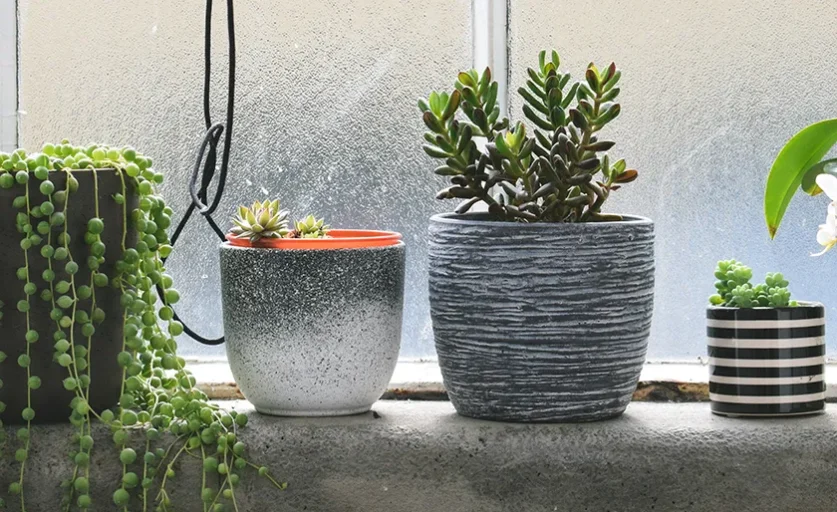Peat Free Compost Best Uses
What are the best uses for Peat Free Compost?
Our range of outstanding peat free, coir-based compost has been developed to meet a wide range of horticultural uses. From hanging baskets to houseplants to potting up plants, sowing seeds and nurturing your tomatoes and vegetables, there’s a compost mix in our range for your gardening needs.
What can you grow?
Peat free compost, either on its own or with some additions, can be used to grow most plants and also make an excellent soil conditioner when added to your garden flower beds.
If you’re wondering what you can grow in peat free compost this brief list might be helpful:
- General Potting
Peat-free compost is a versatile choice for potting various plants, including flowers, herbs, houseplants, and vegetables. Its ability to retain nutrients provides an ideal environment for healthy root development and plant growth.
- Seed Starting
Peat-free compost is suitable for germinating seeds. It offers consistent moisture retention and aeration, creating optimal conditions for seedling growth.
- Container Gardening
Whether you have a small balcony or a spacious patio, peat-free compost is an excellent medium for container gardening. It allows you to grow a wide range of plants in pots and containers.
- Vegetable Gardening
Peat-free compost can support the growth of vegetables, making it a sustainable choice for those who want to cultivate their own produce. From pumpkins to tomatoes it’s a great all-around choice when it comes to produce.
- House Plants
It’s perfect for house plants, allowing you to nurture a lush and healthy indoor garden.











What can’t you grow?
While peat free compost is ideal for a wide variety of plants, there are certain types of plants that may have specific requirements that are not entirely met by standard peat-free compost.
These can include:
- Plants that thrive in very specific soil conditions, such as highly acidic or alkaline soil.
- Plants that require a unique mix, like succulents, need well-drained soil.
- Rare or exotic plants with very specialised needs.
- Some plants that naturally grow in peat bogs may have more specific requirements.
In such cases, you might need to customise the compost by adding specific materials to meet the unique needs of these plants. However, for most common garden plants, peat-free compost is an excellent and sustainable choice.
FAQs
-
What is peat free compost best for?
Peat free compost is a great choice for practically all gardening needs. Farmers and professional growers across the UK and the world use peat free alternatives such as coir to grow fruit and vegetables on an industrial scale so it is a well-established growing medium. Modern peat free composts have been developed to overcome some of the challenges of earlier mixes, such as reduced moisture retention, to provide a good all-round environment for healthy plant growth. At The Coconut Compost Company, we’ve developed our range using high quality sustainable Sri Lankan coir to meet different growing needs. From multipurpose compost to house plants, we’re making it easier for gardeners to make an environmentally responsible choice.
-
Which plants prefer peat free compost?
Peat free compost is ideal for most garden plants and vegetables, as well as for use as a soil conditioner. It is particularly well-suited for vegetables, flowering plants, herbs, and houseplants. The Coconut Compost Company range has been developed to meet a range of different horticultural purposes.
-
What are the disadvantages of peat free compost?
Many gardeners considering peat free pros and cons often ask if it dries out more quickly, perhaps having had an experience with earlier peat free alternatives. These days, peat-free compost mixes retain moisture for longer while aiding aeration. Coir-based compost is high in lignin which gives the finished compost a better structure and aids moisture and nutrient retention.
-
Should I add anything to peat free compost?
Our peat free coir based composts have been developed to give your plants everything they need to thrive. However, you may wish to complement peat free compost with specific materials like perlite, vermiculite, or organic matter to tailor it to the needs of particular plants or to improve drainage and aeration. Always read the product label and consider the requirements of the plants you're growing to determine if any additional ingredients might be necessary.